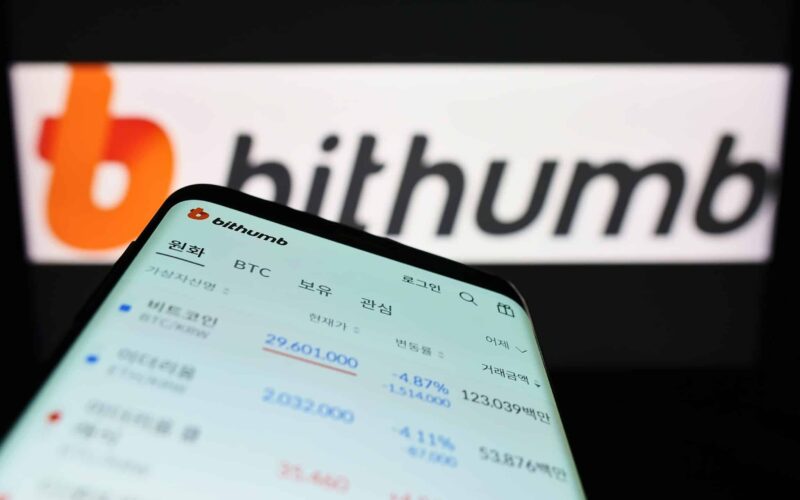Cryptocurrency exchange, Bithumb, is making significant strides towards becoming the first industry-related company to get listed on the Korean Securities Dealers Automated Quotations (KOSDAQ). With plans in motion, including the hiring of staff and collaboration with traditional firms, Bithumb is preparing for a public listing in the market.
Striving for Market Dominance
Sources familiar with the developments reveal that Bithumb aims to accomplish this milestone by 2025, positioning itself as the largest digital asset exchange in the country in terms of trading volume. This move sets the stage for the expansion into wider markets, aligning with the company’s vision for growth. To strengthen its management team and instill a sense of confidence, Bithumb has welcomed back its largest shareholder and former Chairman, Lee Jeong-hoon, to the board of directors.
“It is true that we have selected an underwriter,” Bithumb confirmed, without directly addressing the reported plans for the public listing.
In recent developments, Bithumb appointed Samsung Securities as the underwriter for the initial public offering. This move aims to enhance public trust in the crypto market, particularly after several high-profile hacks and industry collapses that resulted in significant losses. By opening its operations to external validators, Bithumb hopes to address skeptics and gain a larger market share.
Power Play for Market Competition
Bithumb’s IPO plans are not solely driven by financial requirements. With over 400 billion won in assets, a substantial transaction data, and significant revenues, the company is well-positioned to make its mark on the market. As preparations for the listing on KOSDAQ intensify, Jeong-hoon’s appointment on the board is expected to bring about some changes within the firm. Jaewon Lee, the CEO of Bithumb Holdings and Chief Executive of Bithumb Korea, will lead the company through this transformative process.
The virtual asset exchange aspires to become the top-rated exchange in Korea, a position currently held by Upbit, by leveraging the leverage offered by a public listing to gain wider exposure and access to finance. A successful public listing would not only attract more institutional investors but also increase the confidence of retail investors and new adopters who are cautious about the risks associated with crypto trading. Drawing parallels to Coinbase’s listing in 2021, which initially saw a surge in assets, finance, and users before facing market downturns and industry disruptions, the potential for growth is evident.
Upbit has already gained substantial acceptance in South Korea, with its trading volumes surpassing those of Binance and Coinbase temporarily in July. This indicates significant growth opportunities in the Asian markets.
















